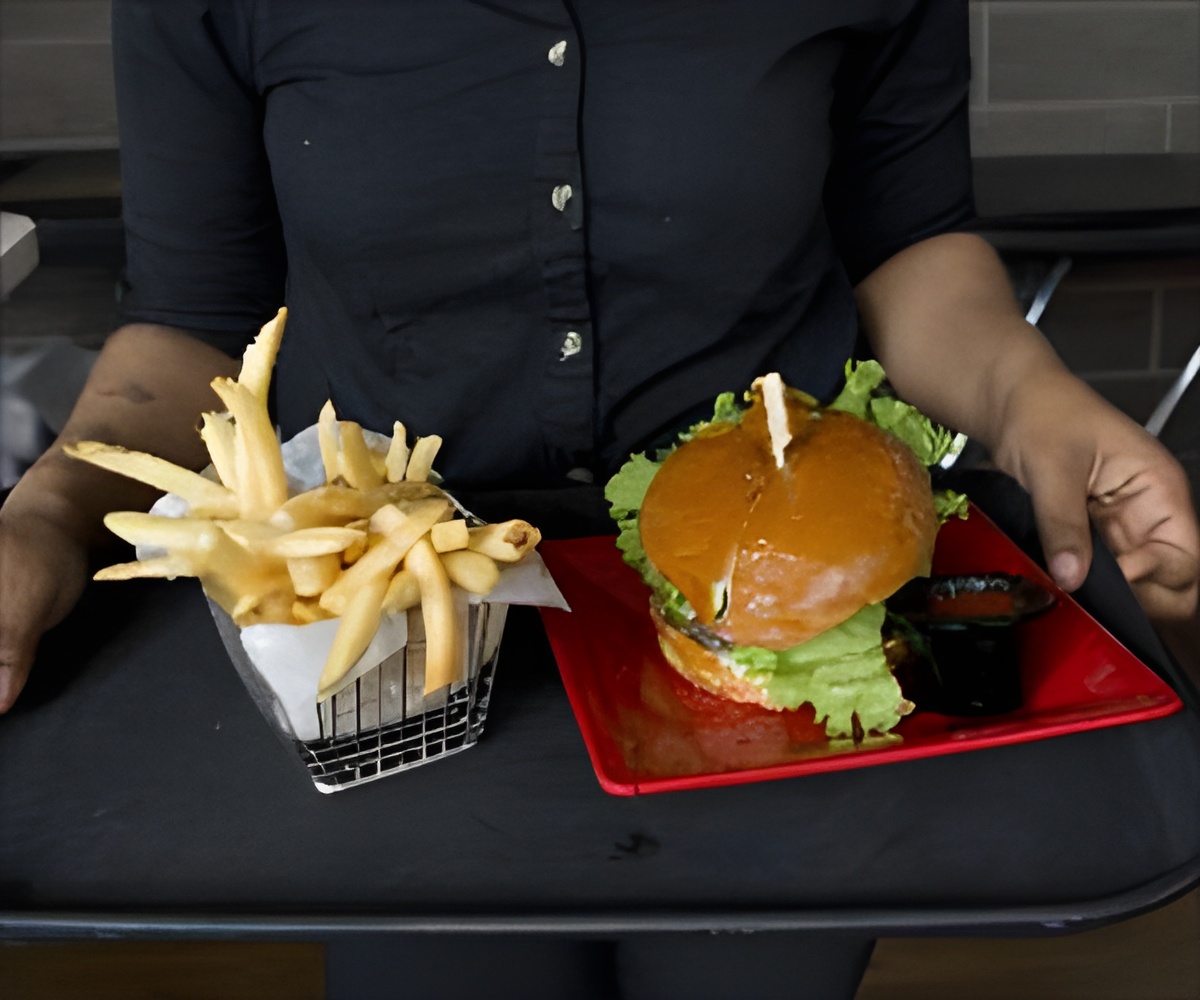People who choose unhealthy food over healthy food in real time, had a lower self-control.

"Our hand movements reveal the process of exercising self-control," said co-author of the study Paul Stillman. "You can see the struggle as it happens. For those with low self-control, the temptation is actually drawing their hand closer to the less-healthy choice," Stillman added.
They involved 81 college students, who made 100 decisions involving healthy versus unhealthy food choices. In each trial, they clicked a "Start" button at the bottom of the screen.
As soon as they did, two images appeared in the upper-left and upper-right corners of the screen, one a healthy food (such as Brussels sprouts) and the other an unhealthy one (such as a brownie).
People who moved the cursor closer to the unhealthy treat (even when they ultimately made the healthy choice) later showed less self-control than did those who made a more direct path to the healthy snack.
The results showed that those who chose the candy bar at the end of the experiment were those with lower self-control. "The more they were pulled toward the temptation on the computer screen, the more they actually chose the temptations and failed at self-control," Stillman noted.
Advertisement
"This mouse-tracking metric could be a powerful new tool to investigate real-time conflict when people have to make decisions related to self-control," he said. The findings also offer new evidence in a debate about how decision-making in self-control situations unfolds, Stillman said. The research will appear in the journal Psychological Science.
Advertisement
Source-ANI














